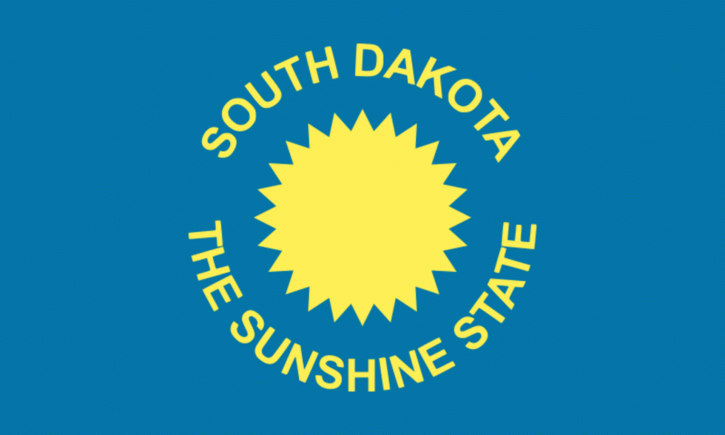Asset Protection: How Liberty Breathes Through the Loopholes in South Dakota

According to tax expert Harvey Bezozi, South Dakota offers some of the strongest financial privacy and asset protection laws in the US, perhaps even in the world. Great news for liberty seekers!
You might consider this wonderful state when looking for ways to protect your wealth and liberty. South Dakota’s trust laws are an excellent example of how liberty and capitalism breath through the “loopholes.”
Felix Salmon, author of Capital, writes
South Dakota has become the world’s foremost tax haven — right up there with the Cayman Islands, and ahead of old-fashioned locations like Switzerland. That’s one of the clear messages from the Pandora Papers leak of confidential financial information about the world’s richest individuals.
Why it matters: The hundreds of billions of dollars sequestered in South Dakota trusts generate no taxes and are effectively off limits to anybody who might have a legitimate claim on them.
How it works: A South Dakota trust is “the most potent force-field money can buy,” in the words of the Guardian’s Oliver Bullough.
Like most tax havens, South Dakota has no income tax, no inheritance tax and no capital gains tax. But the state has gone even further than that. South Dakota allows for extreme secrecy when law enforcement comes knocking, and protects assets from being claimed by creditors, ex-spouses, or pretty much anybody else.
By setting up a trust, the “settlor” — think some billionaire wanting to keep his assets secure — gives those assets to a trustee in South Dakota to look after. The trustee then invests the assets for a “beneficiary” who is often a direct relative of the settlor. Neither the settlor nor the beneficiary ever needs to set foot in South Dakota, or even be able to find it on a map.
All three parties — the settlor, the trustee, and the beneficiary — can legally claim that the money isn’t theirs. The settlor and the beneficiary can say they don’t have the money, it’s all in a trust run by someone else. The trustee can say that she is just looking after the money and doesn’t own it.
How it happened: South Dakota started carving out its position as the most laissez-faire state for financial services in 1981, when it abolished upper limits for credit-card interest rates. (That’s why the credit card in your wallet was almost certainly issued in South Dakota.)
Fair use excerpt. Read the rest of the article here.